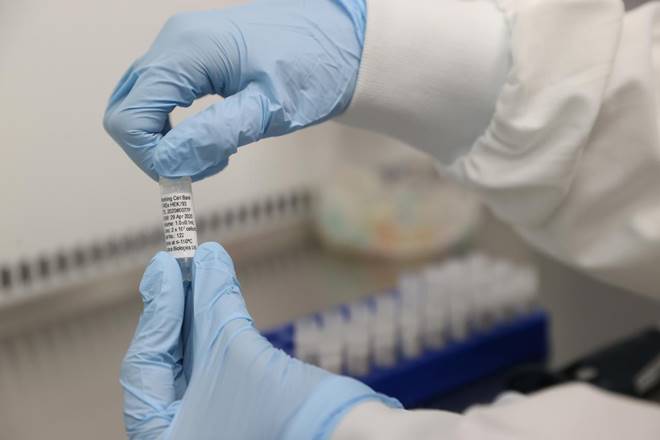HOUSTON, Oct 2:
The novel coronavirus which causes COVID-19 may relieve pain, according to a new study which could explain why nearly 50 per cent of the infected people experience few or no symptoms, even though they are able to spread the disease.
According to the scientists, including Rajesh Khanna from the University of Arizona in the US, nearly half of COVID-19 transmission occurs prior to the onset of symptoms, and 40 per cent of COVID-19 infections are asymptomatic.
“It made a lot of sense to me that perhaps the reason for the unrelenting spread of COVID-19 is that in the early stages, you’re walking around all fine as if nothing is wrong because your pain has been suppressed,” Khanna said.
In the research, published in the journal PAIN, the scientists raised the possibility that pain, as an early symptom of COVID-19, may be reduced by the coronavirus spike protein as it silences the “body’s pain signaling pathways.”
Early in the pandemic, scientists established that the novel coronavirus SARS-CoV-2 spike protein uses the human cells’ angiotensin-converting enzyme 2 (ACE2) receptor to enter the body.
Later in June, two studies published in the preprint server bioRxiv pointed to neuropilin-1 as a second receptor for SARS-CoV-2, the researchers said.
“That caught our eye because for the last 15 years my lab has been studying a complex of proteins and pathways that relate to pain processing that are downstream of neuropilin,” said Khanna.
“So we stepped back and realised this could mean that maybe the spike protein is involved in some sort of pain processing,” he added. One of the biological pathways signal through which the body feels pain is via a protein named vascular endothelial growth factor-A (VEGF-A) that plays an essential role in blood vessel growth but also has been linked to diseases such as cancer, and rheumatoid arthritis, the scientists said. (PTI)


